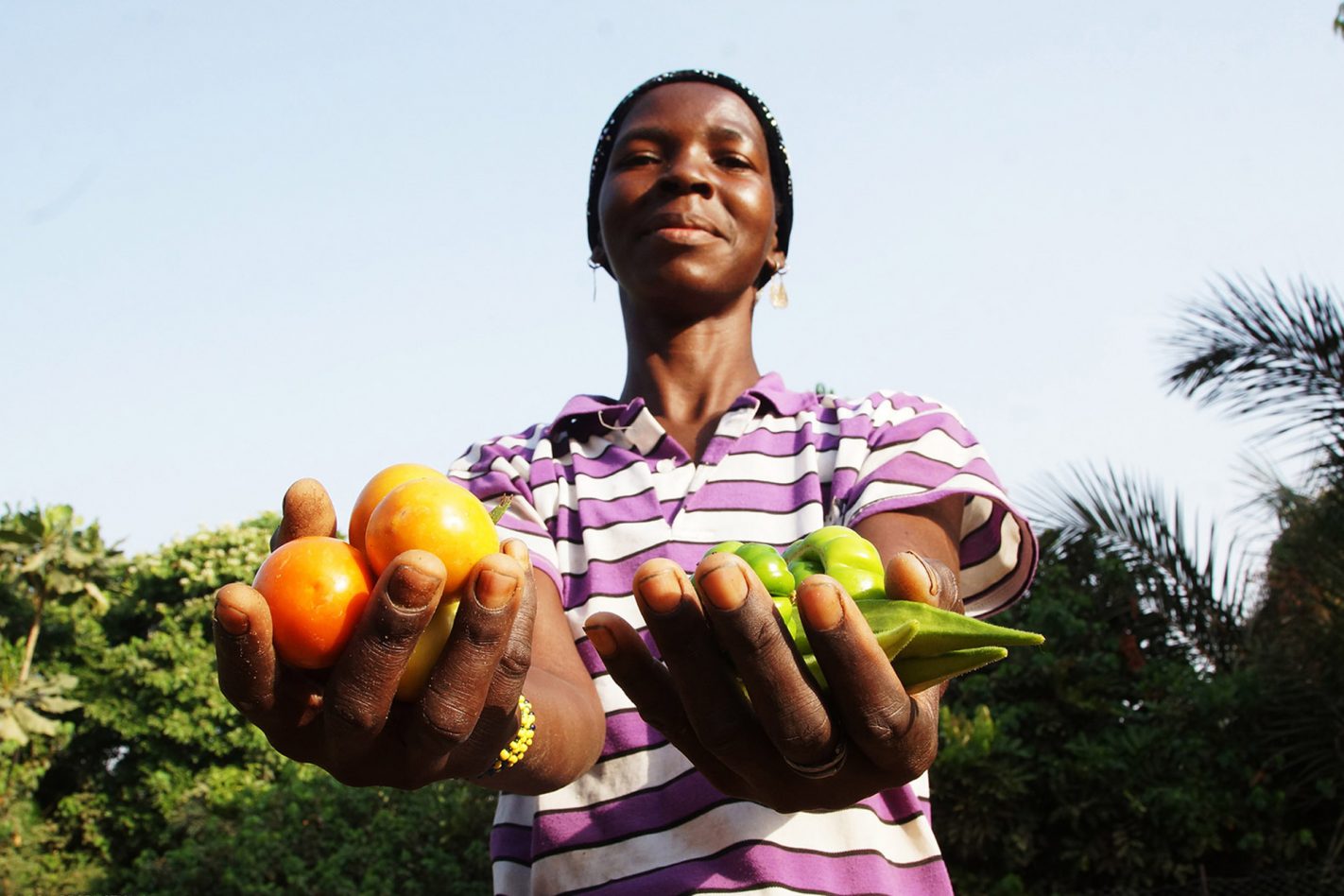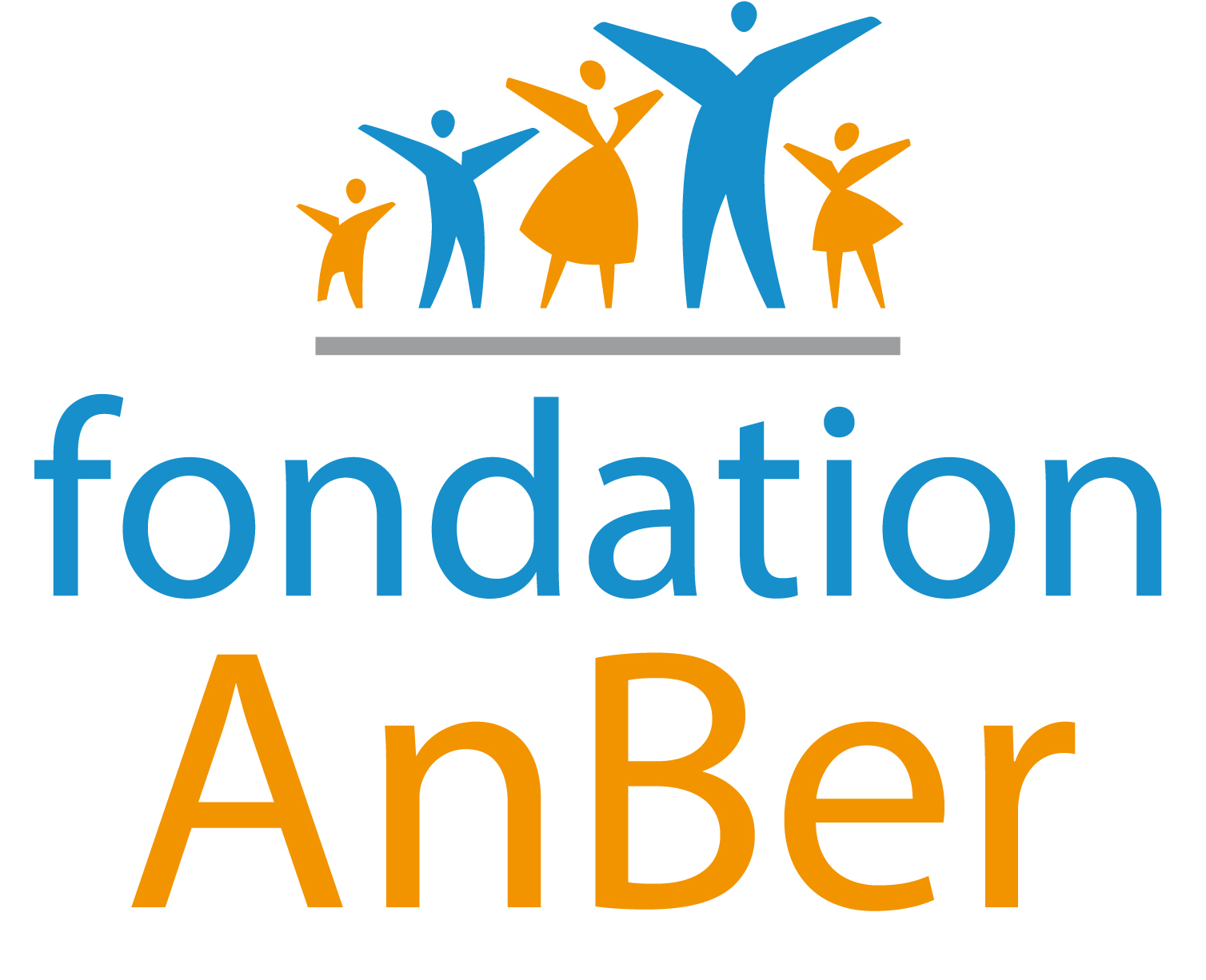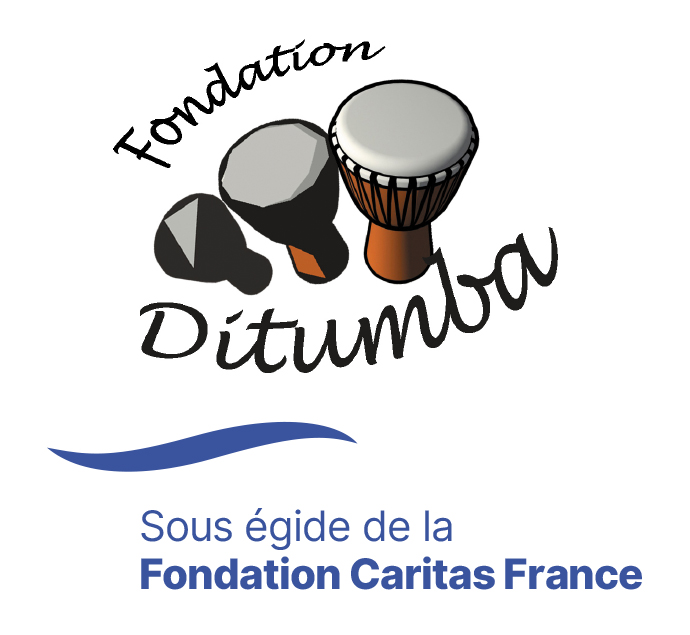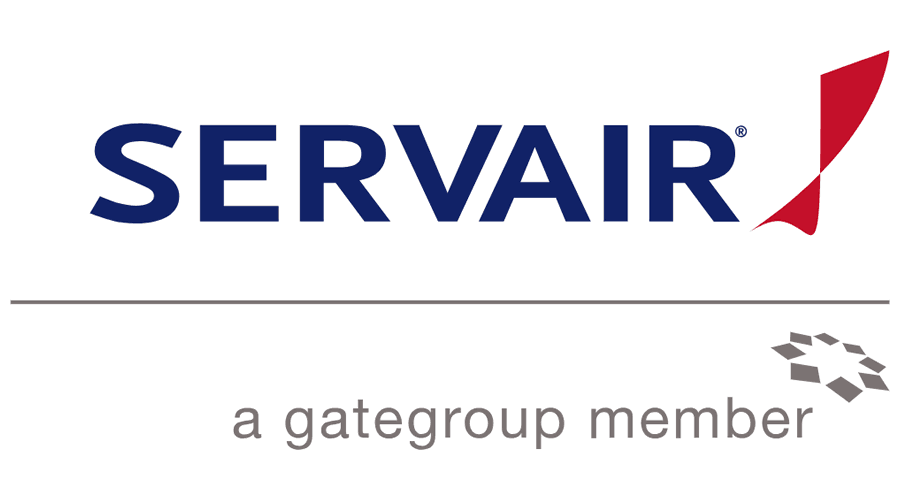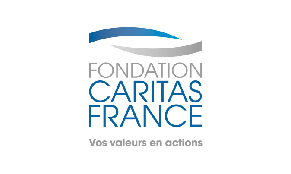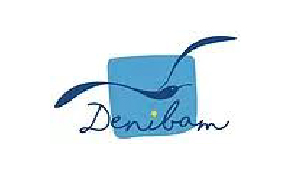Private Financiers
Acting for Life has for several years forged relationships of trust with its private financial partners, whether they are companies, corporate foundations, family foundations or major donors. The support of our sponsors is a real leverage effect for carrying out pilot projects or new approaches on issues relating to decent food for all, training and professional integration of young people, and transhumance and development of the livestock sector.
-
Air France
Air France has been a partner of Acting for Life for over 40 years. Its long-term partnership in Africa, Latin America and Asia has been focused on setting up programmes to support economic and local development, small crop and livestock farmers, vocational training and occupational integration in the communities that need it most. Through its generous support, Air France has made it possible to conduct studies and launch local projects with innovative approaches allowing for bigger programmes to be launched subsequently with public institutional partners.
-
AnBer Foundation
The AnBer Fondation is a loyal, long-standing partner of Acting for Life. This private foundation, recognised as an organisation serving the public interest, is dedicated to reducing poverty by supporting projects in health, education, employment and reducing destitution. Its founders are always open to supporting innovative approaches to job creation and local entrepreneurship for marginalised communities, and have supported many projects in Africa, Latin America and Asia covering our four strategic areas of focus.
-
Ditumba Foundation
The Ditumba Foundation provides funding for the professional training of disadvantaged young people, primarily in sub-Saharan Africa (Burkina Faso). Since 2017, it has been supporting Acting for Life’s project to improve vocational training and occupational integration for young people in Burkina Faso, in three key sectors of the local market: solar power, plumbing and farming.
-
Servair
As the French leader in catering and airline logistics, Servair has been supporting Acting for Life for several years. This company of 10,000 employees is committed to helping Acting for Life in its work to promote development, and supports its projects in Africa to improve nutrition and develop family farming.
Private financiers of the past
Acting for Life would like to thank all those who have committed, are involved and will continue to work alongside it to fight against poverty and the exclusion of local populations in Africa and Latin America. Recognized as a public utility (RUP association) since March 11, 2002, your donations to Acting for Life benefit from a tax reduction of up to 60% of the total amount of the payments, within the limit of 0.5% of the turnover. business for companies and contribute to helping local populations to become actors of their own development.
-
Caritas France Foundation
The Caritas France Foundation has been dedicated to reducing poverty and exclusion since 2009. It has supported a number of Acting for Life’s projects, particularly in Africa, on issues such as vocational training and occupational integration. It has a particular interest in this area, and works with Acting for Life in its efforts to improve training programmes in West Africa.
-
Denibam Foundation
Denibam is a private foundation whose mission is to carry out projects to help strengthen families and society in France and abroad, particularly in terms of education, jobs, culture, health and assistance to people in difficulty. Denibam is a family foundation and is placed under the aegis of the AnBer Foundation, which has been recognised as an organisation serving the public interest.
-
Eurocopter Foundation
The Eurocopter Corporate Foundation has partnered with Acting for Life for the Sierras Verdes project, which seeks to improve the food security of families in rural areas and indigenous communities in Mexico. The three-year partnership has allowed Eurocopter employees in Mexico to carry out an initiative in the Pahuatlán region in order to learn about and understand the issues that small-scale Nahuatl coffee farmers face in the Puebla region.
-
Motul Corazón Foundation
The Motul Corazón Foundation was founded in 2011, under the aegis of Fondation de France, to help young people who are disadvantaged or in difficult situations. The foundation supported an Acting for Life project in Mali to provide training in stonemasonry and help the trainees find jobs.
65
Local partners
Africa
Burkina Faso
APESS-Burkina Faso (Association for the Promotion of Livestock in Sahel and in Savane)
The Association for the Promotion of Livestock in Sahel and in Savane (APESS) works in the field of Rural Development, particularly in the traditional livestock sector. APESS offers its services to stockbreeders and farmers, but also to those responsible for and involved in various rural development projects. APESS is the lead applicant on this project.ARFA
The Association for Research and Training in Agroecology (Association de Recherche et de Formation Agroécologique, ARFA) has been working in agroecology for a long time. It developed its agroecology expertise in Burkina Faso at a time when those practices were not generating much interest. Today ARFA is involved in other aspects of the Food-Security Programme in the Est region, particularly training the technical services of the Ministry of Agriculture in agroecology practices. It founded a company that produces organic inputs, which are indispensable to the development of those practices in the sub-region. It also develops supply chains, such as organic sesame.CILSS
The Permanent Interstate Committee for Drought Control in the Sahel (Comité Permanent Inter-Etats de Lutte contre la Sécheresse dans le Sahel, or CILSS) was founded on 12 September 1973, following a period of severe drought in the Sahel in the 1970s. There are 13 member states: eight coastal countries (Benin, Ivory Coast, Gambia, Guinea, Guinea-Bissau, Mauritania, Senegal and Togo), four landlocked countries (Burkina Faso, Mali, Niger and Chad) and one island country (Cape Verde).CPF (Peasant Confederation of Faso)
The Confédération Paysanne du Faso brings together 14 umbrella organisations in the country and works for sustainable, productive, competitive family farming that guarantees access to land and ensures food security and sovereignty.
INADES
The African Institute for Economic and Social Development – African Training Centre (Institut Africain pour le Développement économique et social – Centre Africain de Formation, or “Inades Formation”) was founded in Abidjan in 1962. Inades Formation-Burkina Faso is a national NGO that has been integrated into the international network of 10 African countries. Inades Formation-Burkina Faso’s areas of focus include: agricultural development, decentralisation, promotion of local consumption, management of natural resources, rural funding and smallholder communication.LVIA
The International Association of Non-Denominational Volunteers (Association Internationale Volontaires Laïques, or LVIA) is an organisation dedicated to international solidarity and cooperation. It promotes fair and sustainable development, dialogue between Italian and African communities, and local and global change to combat extreme poverty.
OCADES Burkina/Bobo-Dioulasso
An OCADES is a type of Catholic organisation that promotes development and solidarity. There are 15 OCADES in Burkina Faso. OCADES Burkina/Bobo Dioulasso, in the Hauts-Bassins region, develops education-related projects, particularly in the areas of hydraulics and agriculture. It has founded its own agricultural training centre. The organisation is a partner of the Raising Employment Access and Development for Youth (READY) project.RECOPA (Communication Network on Pastoralism)
The Communication Network for Pastoralism has a multi-actor approach and aims to create and stimulate relationships between herders, local rural communities and authorities to address issues relating to pastoralism. The network focuses mainly on aspects that are intangible but nevertheless very important. Those aspects play a key role in the development of pastoralism.Regional Council of the Unions of the Sahel (Conseil Régional des Unions du Sahel, or CRUS)
Tin Tua
Tin Tua is an organisation with strong rural roots that has been promoting sustainable development through literacy, educational innovation and training since 1989. It has been active in solar power for over ten years, founded an agricultural training centre and developed its own modules to support entrepreneurship.
Benin
ACAD
The Association for the Atacora and Donga Regions (Association des Communes de l’Atacora et de la Donga, or ACAD) works with Acting for Life to organise agro-pastoral programmes. ACAD wants to develop a programme to support training in stonework, similar to the programme in Togo. ACAD’s role in capacity-building and interfacing with the 13 towns within its association allows it to carry out local initiatives and support the development of the stonework sector in northern Benin.AMAP Bénin
AMAP Benin is a cooperative that is dedicated to preserving smallholder and organic farming. It was founded in November 2008, and comprises 250 farmers over 40 hectares. It sells 300 fruit and vegetable baskets a week (3 tonnes of food) exclusively through short supply chains. An AMAP is an association that directly links farmers and consumers through short supply chains as part of a solidarity-based economic system. That system supports local farmers by pre-financing their harvest, and gives consumers access to seasonal products that were grown locally using techniques that are beneficial to nature and the environment.ANOPER
The National Association for Professional Organisations of Ruminant Farmers (Association Nationale des Organisations Professionnelles des Éleveurs de Ruminants, or ANOPER) is a smallholder organisation comprising 35,000 livestock farmers in 48 towns in Benin, representing 75% of the country. It aims to improve living and working conditions for livestock farmers through the modernisation and sustainable development of ruminant farming.GIC
Founded in 2004, the Collines Intercommunal Group (Groupement Intercommunal des Collines, or GIC) comprises the six towns of the Collines department in Benin. It was created because elected officials and residents wanted to build a common vision for the development of their region. GIC helps pool resources for projects that promote shared interests, and helps the towns plan for development in a way that includes all members of the community.
Hortitechs Développement
Hortitechs Développement is an NGO in Benin that was founded in 2005. It aims to promote:-
- the adoption of farming technologies (such as private irrigation) to make agriculture and horticulture more resilient to climate risks;
- best practices for farming and production techniques for fruit, vegetable and flower production;
- new alternatives for environmentally friendly organic production, such as integrated farming and organic horticulture;
- the right conditions to support the development of competitive family-run horticulture businesses and promote urban and suburban farming.
-
Côte d’Ivoire
AEBRB
Association of Cattle Farmers in the Boukani Region (Association des Éleveurs de bovins de la Région de Boukani)AJELAMO
The Association of Young Modern Crop and Livestock Farmers in Odienné (Association des Jeunes Éleveurs Agriculteurs Modernes d’Odiénné, or AJELAMO) encourages its members to look after and assist one another, and seeks to create the right conditions for developing and modernising crop and livestock farming in Odienné. It oversees the organisation, storage, processing and sale of agricultural products, and provides its members with affordable agricultural and veterinary products.O'Rizon
O'Rizon-Ivory Coast is an NGO that has been carrying out projects since 2013 to support farming in Ivory Coast. It has extensive local expertise and works in the western part of the country, where it provides inputs and rice, corn and manioc seeds to small farmers. Its goal is to help small farmers gain greater autonomy, and to help them sell the food they produce by structuring them into groups.OPEF
The Professional Organisation of Livestock Farmers in Ferkessedougou (Organisation Professionnelle Des Éleveurs De Ferkessedougou, OPEF) is dedicated to improving the living and working conditions of livestock farmers and transhumant pastoralists. It works to improve the health of livestock and herds, and teaches livestock farmers about best practices.
Ghana
Centre for Indigenous Knowledge and Organisational Development (CIKOD)
The Centre for Indigenous Knowledge and Organisational Development is an NGO that seeks to develop methods for strengthening traditional authorities and civil-society organisations in order to facilitate sustainable development that gives a voice to poor and vulnerable rural families.
Ghana Developing Communities Association (GDCA)
Ghana Developing Communities Association is an NGO that provides people in northern Ghana who live in poor communities or who are socially excluded with the means to work for social, political and economic development, and to adopt healthy environmental practices for a sustainable way of life.
Ghana Venskabsgrupperne (GV)
GV is a development organisation that supports equality and development in the northern region of Ghana. It helps local communities, women and young people band together and defend their rights. Its work focuses on improving food security and living conditions, promoting the right to high-quality education and helping young people become more autonomous.
Mali
APAPE-PH (Association for Pastoralism, Agro-Pastoralism, Livestock and Human Promotion)
APAPE-PH, has experience in supporting vocational training, local development and eco-construction. In addition to its mission to support pastoralism and natural resource management in connection with AFL's activities in this field, it also promotes human development and is particularly concerned with supporting youth in a region plagued by security problems.
Citizens’ Association for the Defence of Children’s and Women’s Rights (Association Citoyenne pour la Défense des Droits des Enfants et des Femmes, or ACIDEF)
CPMCT-Nègè Blon
The Centre for the Promotion of Sheet Metalwork and Pipework (CPMCT-Nègè Blon) is an association in Mali that has been recognised by the authorities since 2008. It aims to promote work/study apprenticeships in metalwork trades in Mali. Since 2009, 319 people have received training through different programmes, with over 60% of apprentices finding work after the programme. Other partners have teamed up with CPMCT-Nègè Blon, particularly the Chamber of Commerce and Industry (Chambre de Commerce et d’Industrie) in Mali and the Industrial Employers’ Organisation (Organisation Patronale des Industries).ICD
Initiatives-Consulting-Development (Initiatives-Conseils-Développement, or ICD) is a Malian NGO that has been promoting rural development in Mali since 2001. It works with small farmers (both men and women) and their organisations to: promote access to services for crop and livestock farming and access to the market; improve food security and nutrition; manage natural resources and support pastoralism. It also facilitates cooperation between actors in agricultural sectors.
PDCO
Promoting Community Development (Promotion pour le Développement Communautaire, or PDCO) is an NGO in charge of local activities (bringing together community members to set up a field-school, institutional coordination) and the socio-economic integration of young people. It works with the Technical and Vocational School of Bandiagara (ETP/BA), a private school offering the “CAP” certificate of professional competence and the “BT” technician’s diploma in masonry. ETP/BA is in charge of all pedagogical activities involving students. The MISELI research organisation is in charge of studying the social-protection system.TASSAGHT
TASSAGHT has solid on-the-ground experience in northern Mali and strong skills in capacity-building when it comes to working with decentralised local authorities. An important partner of Acting for Life, TASSAGHT helps carry out projects and organises initiatives through social networks and through its relations with local leaders, institutional actors and representatives of the police and armed forces.Technical and Vocational School of Bandiagara (ETP/BA)
The Technical and Vocational School of Bandiagara (Ecole Technique et Professionnelle de Bandiagara) is a private school offering the “CAP” certificate of professional competence and the “BT” technician’s diploma in masonry. It is in charge of all pedagogical activities involving students.URFBV
The Regional Union of the Livestock-Meat Sector (Union Régionale de la filière Bétail Viande, or URFBV) in Sikasso is a union of 111 cooperatives throughout the region’s seven cercles. It was founded in 1995 and currently has 3,271 members, including 71 women. Its main activity is to develop the farming and marketing of livestock. Its members include livestock farmers, sellers, finishers, dairy producers and hide and leather merchants.
Vétérinaires Sans Frontières-Belgium
Founded in 1985, Vétérinaires Sans Frontières-Belgium works with enterprising livestock farmers from disadvantaged communities in Africa, and gives them the means to lift themselves out of poverty. Thanks to animals, training, equipment and veterinary care, they are able to produce enough food for themselves and for the market.
Mauritania
GNAP
The National Group of Pastoral Associations (Groupement National des Associations Pastorales, or GNAP) was founded in 1990 after a meeting between pastoral associations. It comprises 45 pastoral associations, 2,885 certified cooperatives and 10 regional offices. GNAP works with pastoral associations to supply inputs (animal food and veterinary products), build amenities and pastoral infrastructure (market, well, vaccination pen, etc.) and ensure coordination between stakeholders (securing routes, managing markets, etc.).
Niger
AREN
The Association for the Revitalisation of Livestock Farming in Niger (Association pour la Redynamisation de le L’Elevage au Niger, or AREN) seeks to improve the lives of pastoral livestock farmers by helping them overcome challenges relating to land, conflict management and development. Its goal is to help those farmers represent themselves and defend their rights in national and international debates, and to help them get involved in policies and activities relating to development.
GAJEL
The Cultural Action Group for Young Livestock Farmers (Groupement d'Action Culturelle des Jeunes Éleveurs, or GAJEL-Sudubaba) is an organisation that was founded in Niger in 1998. It works to promote economic and cultural development for crop and livestock farmers.
RBM
The Billital Maroobé Network (Réseau Billital Maroobé, or RBM) is a network of livestock farmers and herders in West Africa, founded in 2003 by three livestock-farmer organisations: CRUS (Burkina Faso), TASSAGHT (Mali) and AREN (Niger). RBM defends the interests of its members. Its goal is to secure the pastoral economy by encouraging and supporting initiatives to group together and adopt technical innovations, while working to restore the balance between ecology and herd numbers. RBM has several branches: Benin, Burkina Faso, Mali, Mauritania, Niger, Nigeria, Senegal, Chad and Togo.
Nigeria
APESS-Nigeria
The Association for the Promotion of Livestock Farming in the Sahel and the Savanna (Association pour la Promotion de l’Élevage au Sahel et en Savane, or APESS) promotes rural development, and traditional livestock farming in particular. APESS offers its services to crop and livestock farmers, and to leaders and participants in various rural-development projects.
Senegal
Communità Impegno Servizio Volontariato (CISV)
CISV is a community-based non-profit organisation founded in Turin in 1961. It is independent and non-religious. It carries out international-cooperation projects to help local communities become drivers of their own development, by helping smallholder organisations and civil society promote human rights and eliminate the causes of poverty and inequitable wealth distribution.
Diapalante
Diapalante accompanies young people in difficult situations towards professional integration in environmental and sustainable development professions by means of an integration and training scheme as well as entrepreneurial support. In order to enable them to reintegrate into social life through professional activities, the Diapalante Center welcomes young people between 15 and 25 years old in very precarious situations.
RBM-Senegal
The Billital Maroobé Network (Réseau Billital Maroobé, or RBM) is a network of livestock farmers and pastoralists in West Africa, founded in 2003 by three livestock-farmer organisations: CRUS (Burkina Faso), TASSAGHT (Mali) and AREN (Niger). RBM defends the interests of its members. Its goal is to secure the pastoral economy by encouraging and supporting initiatives to group together and adopt technical innovations, while working to restore the balance between ecology and herd numbers. RBM has several branches: Benin, Burkina Faso, Mali, Mauritania, Niger, Nigeria, Senegal, Chad and Togo.
Togo
AMAP Togo
AMAP Togo is an association dedicated to preserving smallholder farming and was founded in 2011. It follows the system of local, solidarity-based partnerships directly linking farmers and consumers. It produces organic fruits and vegetables in the Plateaux and Maritime regions, and delivers baskets once a week to consumers at various distribution points in Lomé.CONGAT / ICB
The Management Council in Support of Rural Areas/Local Initiatives for Sound Governance (Conseil Gestion Appui aux Territoires/Initiatives des Collectivités pour la Bonne gouvernance, or CONGAT/ICB) was founded in 1987. It promotes sustainable development through participative and inclusive consulting in areas such as local governance, the local economy and innovative alternatives in access to health services.FENAPFIBVTO
The National Federation of Professionals in the Livestock and Meat Sector of Togo (Fédération Nationale des Professionnels de la Filière Bétail et Viande du Togo, or FENAPFIBVTO) strengthened the capacities of its members, particularly by developing offices throughout the country.
Gestion de l’Environnement et Valorisation des Produits Agropastoraux et Forestiers (GEVAPAF)
GEVAPAF is a Togolese NGO founded in 2011 that specialises in sustainable development, agroecology and the promotion of local resources. It has sound experience in project management and organising local initiatives. With regard to professional training and occupational integration, GEVAPAF has worked with the Ministry of Grassroots Development, Skilled Trades, Youth and the Employment of Young People and has been recognised as an intermediary organisation for the implementation of the Programme to Support Grassroots Development. The local authorities will help co-finance public works. The Interprofessional Group of Artisans in the Savanes Region of Togo (GIPATO) helps select and assess the training. The Regional Centre for Technical Teaching and Professional Training (CRETFP) will make its infrastructure available for the training. All of those partners will make up the project’s monitoring committee.GRADSE
The Action Research Group for Socio-economic Development (Groupe de Recherche-Action pour le Développement Socio-Économique, or GRADSE) is a Togolese association that was founded in 1998. It operates in the Centrale and Kara regions in the following areas: organisation of farmers, agroecology, food and nutritional security, sustainable farming, community health, microfinance and human rights.OADEL
The Organisation for Local Foods and Development (Organisation pour l'Alimentation et le Développement Local, or OADEL) was founded in 2003. A member of the Federation of NGOs in Togo (Fédération des ONG au Togo) and the Collective of Associations Against Impunity in Togo (Collectif des Associations Contre l’Impunité au Togo), OADEL is dedicated to promoting people’s right to food through the consumption of local processed foods. It is active mainly in the Lomé and Maritime regions. Its areas of focus include: educating people about the right to food and nutrition; promoting and implementing new approaches to ensuring the right to food; combating policies and practices that infringe upon the right to food; promoting sustainable family farming and food sovereignty through local consumption.
South America
Colombia
FONDO PAEZ
Fondo Paez is an organisation that was founded in 1992. It is active in the centre-east of the Cauca department in Colombia, and comprises 514 small-scale farming families from the indigenous Nasa community. Fondo Paez is dedicated to helping families grain greater autonomy through a holistic approach to agriculture.Fundación Alma
Fundación Alma is an organisation dedicated to protecting and preserving natural resources. With over 30 years of experience, the organisation is specialised in the sustainable management of wetlands, particularly in the drainage basin of the Magdalena River in northern Colombia.
Fundación Colombia Nuestra
Partnered with Acting for Life since 2008, Fundación Colombia Nuestra (FCN) is an NGO that was founded over 40 years ago. Its aim is to gain recognition for the rights of indigenous and Afro-Colombian groups. Based in the Cauca region in the centre-east of the country, FCN has sound experience supporting farmer organisations. For instance, it was instrumental in the development of a supply chain for fair-trade coffee with the Fondo Páez farmer organisation, and in the intercommunity sale of local produce (kidney beans, coffee, quinoa and panela).Instituto Mayor Campesino (IMCA)
Instituto Mayor Campesino was founded in 1962. It trains smallholders from Cauca Valley and encourages them to participate in public and private forums for discussion. During the 1990s, as the armed conflict in the region intensified, IMCA worked to come up with alternatives to help people live peacefully. Today, IMCA continues its efforts by supporting agroecology.
Ecuador
Centro de Promoción del Empleo y Desarrollo Económico Territorial (CEPESIU)
CEPESIU is an organisation dedicated to helping vulnerable rural communities, with over 30 years of experience. Structured as a network and active in ten provinces, it helps develop supply chains, create rural businesses and provide rural communities with access to financial services that are adapted to their needs through the promotion of community-run investment entities.Corporación Esmeraldeña para la Formación y Desarrollo Integral (CEFODI)
Corporación Esmeraldeña para la Formación y Desarrollo Integral was founded in 1993 and has been partnered with Acting for Life since 2017. The organisation has strong local roots in the province of Esmeraldas. Its areas of focus include: supporting rural development through the promotion of family farming and access to water and sanitation, and supporting the development of community-based tourism.SOS Faim-Belgium
SOS Faim is a Belgian development NGO that was founded in 1964. It is dedicated to fighting hunger and poverty in rural Africa and Latin America. For over 20 years, SOS Faim has been supporting family farming in rural areas of six different provinces in Ecuador where poverty is particularly high. The NGO works with a network of savings and loans cooperatives and with a local NGO called CEPESIU.
Peru
Asociación Jesús Obrero (CCAIJO)
Asociación Jesús Obrero (CCAIJO) is a social initiative that was started by the Peruvian Jesuits over 40 years ago to help improve the living conditions of rural communities in the Quispicanchi department, in the Cuzco region. CCAIJO specialises in economic development, nutrition, housing, education, environmental preservation and local governance.
Donations and liberalities
DONATIONS
Supporting Acting for Life means fighting poverty and exclusion, helping vulnerable populations (young people who have dropped out of school, unemployed, rural people, women) to become actors in their own development, in West Africa and in Latin America.
Your commitment by our side is essential for us, for our local partners and the beneficiaries of our programs in order to promote healthy and sustainable food for all, training and professional and social integration for young people, and mobility and trade. livestock in West Africa.
Acting for Life has been a recognized association of public utility (RUP) since March 11, 2002. Your donations help local populations become actors in their own development.
As an individual, if you are taxable on income, you benefit from a tax reduction of 66% of the amount of your donation, within the limit of 20% of your taxable income.
For companies, a tax reduction is capped at 60% of the amount of the donation, regardless of the tax regime (IS or IR), within the limit of a ceiling of 5‰ of annual turnover.
We want to develop a trusting and lasting relationship with you.
Acting for Life would like to thank all those who are committed, involved and will continue to work alongside it to fight against poverty and the exclusion of local populations in Africa and Latin America.
For further information, send us a message at:
contact@acting-for-life.org
LEGACIES, DONATIONS AND LIFE INSURANCE… FOR LIFE
To provide long-term support for our projects focused on social and economic development with vulnerable populations (young school dropouts, unemployed, rural people, women), you can transfer part or all of your assets to Acting for Life. In this way, you make your values last and you allow children, women and men to live with dignity from their work and to acquire their financial autonomy to meet the needs of their families and thus become actors in their own development.
Acting for Life, an association recognized as being of public utility by decree of March 11, 2002, is authorized to receive legacies, donations and life insurance.
Acting for Life would like to thank all those who are committed, involved and will continue to work alongside it to fight against poverty and the exclusion of local populations in Africa and Latin America.
For further information, send us a message at:
contact@acting-for-life.org
